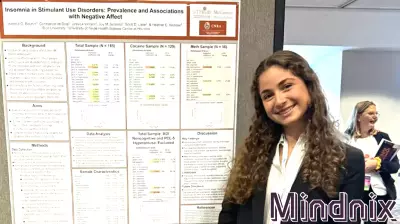Examining the Impact of Religion on Mental Health
May 11, 2025 - 02:56

The relationship between religion and mental health has been a topic of interest for psychologists and researchers for decades. Traditionally, it has been believed that individuals who engage in religious practices tend to experience better mental health outcomes, including increased longevity and overall well-being. However, recent studies suggest that this connection may not be as straightforward as once thought.
While some individuals find solace, community, and purpose in their faith, others may experience negative effects stemming from religious beliefs or practices. Factors such as guilt, fear of judgment, and the pressure to conform to specific moral standards can adversely impact mental health. Additionally, the experience of religious trauma can lead to anxiety and depression in some individuals.
As researchers continue to explore this complex relationship, it becomes clear that the effects of religion on mental health can vary widely among individuals. Understanding these nuances is crucial for mental health professionals as they work to support clients from diverse backgrounds and beliefs.
MORE NEWS

February 25, 2026 - 00:30
Rewired: How the Digital World Reshapes the Human BrainThe impact of our digital lives on the brain is a complex tapestry, not a simple story of harm or benefit. Emerging perspectives suggest that digital engagement, particularly among the young,...

February 24, 2026 - 00:52
Day in the life: Health sciences senior follows research toward clinical psychologyIsabella Bourtin, a health sciences senior, exemplifies the determined focus required to navigate a significant academic shift. Once firmly on the pre-med track, she has successfully pivoted her...

February 23, 2026 - 01:31
Toxic People Makes Us Age FasterThe emotional toll of difficult relationships is well-documented, but new research indicates the damage may be more than skin deep, potentially accelerating the biological aging process. A recent...

February 22, 2026 - 01:17
From Psychology to the Runway, Purpose Takes Center StageFor Lisa Jacovsky, a recent runway appearance during New York Fashion Week was far more than a fashion statement. Recognized as a `Queen of Impact` on the catwalk, the moment served as a powerful,...